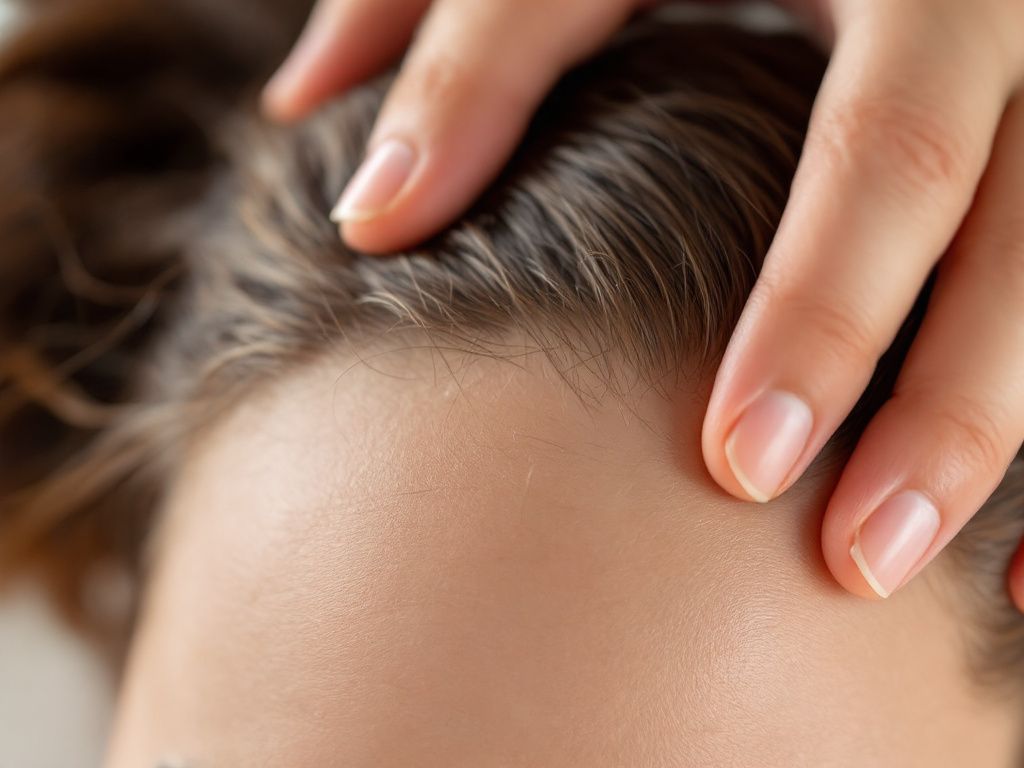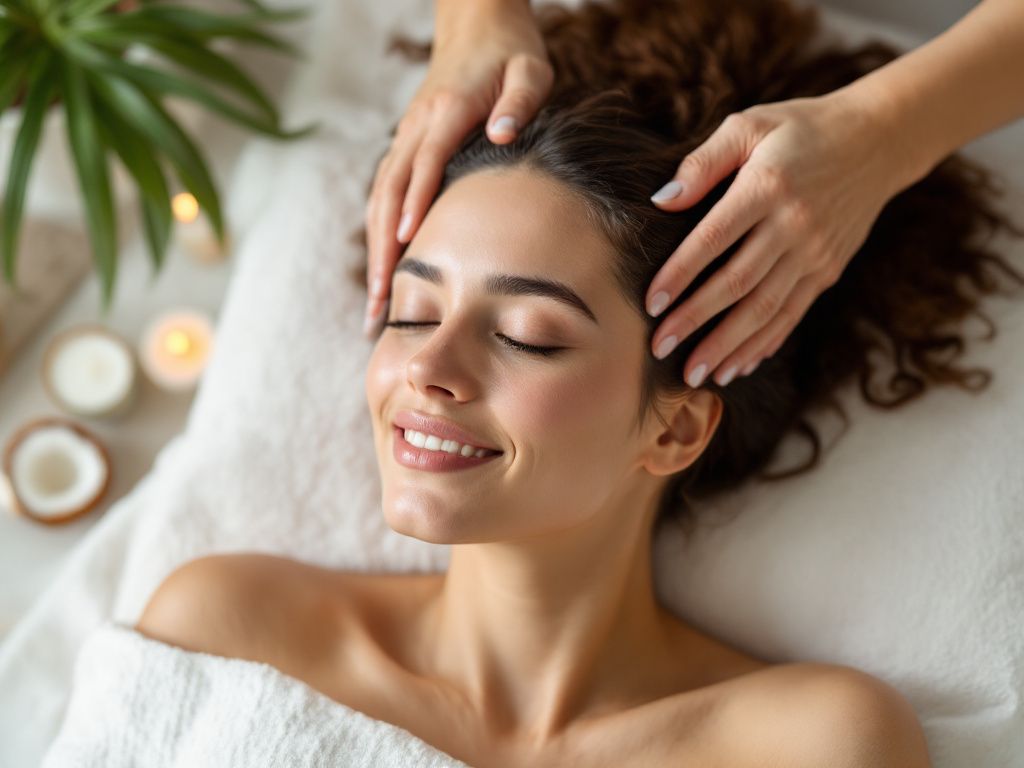[Rose Water Revealed] Islamic Beauty Staple Meets Modern Science
![[Rose Water Revealed] Islamic Beauty Staple Meets Modern Science](https://mohajba.com/wp-content/uploads/2025/05/rose_water_in_islamic_beauty_feature-770x470.jpg)
Introduction
Few substances bridge the gap between historical tradition and contemporary science as elegantly as rose water. Revered within Islamic beauty practices and increasingly celebrated by modern skincare experts, this aromatic liquid offers more than just a pleasant scent. As we delve into the confluence of ancient traditions and modern science, we’ll uncover why rose water is more than just a cosmetic luxury—it’s a skincare powerhouse with a deep-rooted history and a promising future.
The Historical and Cultural Significance of Rose Water in Islamic Beauty
A Tradition Steeped in Spirituality and Care
🌹 Rose water’s history within the Islamic world transcends mere cosmetic use. Its production and application are interwoven with ritual, health, and spiritual practices, reflecting the values of purity and self-care cherished in Islamic teachings. For centuries, Muslims have utilized rose water for its refreshing and healing properties, not only applying it for personal use but also incorporating it in cultural and religious rituals.
Origins and Historical Reverence
Historically, the Persian Empire lays claim to advancing the distillation techniques that allowed rose water to spread across the Middle East. By the 10th century, it was a vital part of Islamic medicine, documented extensively by polymaths like Avicenna in their texts. Indeed, rose water’s mention in traditional texts, like the Hadiths, highlights its integral role in everyday life.
Cultural Practices and Everyday Use

From perfuming mosques to serving as a universal remedy in traditional medicine, rose water finds its presence in numerous cultural practices. It’s considered a symbol of gentle care and a testament to the Islamic belief that external wellness reflects internal balance and purity.
The Science Behind Rose Water’s Efficacy
Chemical Composition: More than Meets the Eye
Modern science has taken these ancient endorsements seriously, unveiling the complex chemical makeup that contributes to rose water’s efficacy. Key active components such as citronellol, geraniol, and eugenol, known for their antibacterial, anti-inflammatory, and antioxidant properties, are key players in the realm of skincare.
Antioxidant Properties
In scientific terms, the antioxidant action of rose water is attributed to its capacity to neutralize free radicals. A 2011 study published in the Iranian Journal of Pharmaceutical Research indicated that rose extract demonstrates potent antioxidant effects, significantly reducing oxidative stressors which accelerate visible aging in human skin cells.
Anti-Inflammatory Benefits
For skin enthusiasts, the anti-inflammatory benefits have been the subject of notable research, pointing to its capacity to alleviate skin irritations and conditions such as eczema or rosacea. Clinical reviews published by the Journal of Ethnopharmacology have confirmed rose water’s potential to soothe inflamed skin, making it an ideal natural skincare ingredient.
Real-World Applications and Formulations
Modern-Day Formulations

Today’s beauty market offers a plethora of rose water-infused products, from traditional toners to high-end creams. Skincare companies leverage rose water’s gentle yet effective properties to cater to the increasing demand for natural skincare solutions 🌍. Esteemed brands like Fresh and Chantecaille ingeniously blend rose water with other natural ingredients, presenting formulations that respect both tradition and modern sophistication.
DIY Recipes: Nature’s Simplicity
For those inclined to experiment, creating your own rose water-based products can be both rewarding and highly personalized. A simple toner can be concocted by mixing distilled rose water with a few drops of witch hazel, providing a homemade, refreshing solution to tighten and prepare the skin for further treatment.
Practical Tips for Use
- As a Toner: Apply rose water using a cotton pad after cleansing to remove residual impurities, balance skin pH, and prepare the complexion for moisturizing.
- For Soothing Redness: Incorporate it in your morning routine by spraying it directly onto the face, benefiting from its immediate calming effects on red or irritated skin.
- In Aromatherapy: Pour some into a bath for a luxurious, relaxing soak, benefiting the mind as much as the body with its gentle aroma.
The Integration of Rose Water in Routine Islamic Practices
Spiritual and Ritualistic Uses
Islamic traditions are not complete without acknowledging rose water’s spiritual dimension. During holy events like Eid or Ramadan, rose water finds use in perfuming spaces, purifying areas, or as a means of personal refreshment. Not only does this highlight its physical benefits, but it also exemplifies its use as a tool for creating a welcoming, purified environment.
Symbol of Stewardship and Community Values

Using rose water aligns with the Islamic tenet of stewardship—caring for nature, oneself, and community, reflecting deeply-rooted values of respect and mindfulness towards Allah’s creations.
The Future of Rose Water: Cutting-Edge Research and Innovations
Technological Developments and Skincare Innovations
With cutting-edge research taking rose water into laboratories and academic discussions, innovation within skincare continues at a brisk pace. Nanotechnology, for one, is a growing field where rose water-based formulations are being tested for enhanced delivery and efficacy, bringing science and tradition even closer together.
Sustainability in Production
Another fascinating avenue is the sustainable cultivation of roses, ensuring environmentally friends options for extracting rose water. Companies are pivoting towards eco-conscious procurement practices, which serve both ecological purposes and customer appeals for sustainable beauty.
Conclusion: The Unanimous Allure of Rose Water
In unraveling the layers behind rose water’s appeal—from its revered place in Islamic beauty to its validated standing in modern science—we find a substance that defines both versatility and resilience. By straddling two worlds, it achieves the exceptional, a vivid example of how age-old wisdom can benefit from and thrive alongside contemporary research.
Incorporating rose water into both ritualistic and beauty practices not only connects generations but also promises future potentials as science peels back its multi-faceted benefits. As you partake in this timeless tradition, you embrace a ritual that cares for the inner and outer self, reaffirming your well-being with every sultry drop. 💧
This exploration into rose water solidifies its status not simply as a skincare product but as a heritage treasure—a perfect marriage of tradition and innovative sophistication.
Frequently Asked Questions
What are the benefits of using a hair mask in my hair care routine?
Using a hair mask can provide several benefits, including hydration, smoothing, strengthening, curl definition, heat protection, and damage repair. Hair masks infuse the hair with moisture, help coat the hair shaft to seal split ends, reduce breakage, and protect the hair from heat styling and environmental damage[1][4].
What ingredients should I look for in a hair mask?
Effective hair masks often include ingredients such as coconut oil, argan oil, shea butter, honey, avocado oil, green tea, and coconut water. These ingredients provide nourishment, moisturize, and protect the hair, offering benefits like softening, moisturizing, and protecting against damage[2][5].
How often should I use a hair mask in my routine?
You should use a hair mask whenever your hair feels dry, unmanageable, or in need of intense hydration. This can vary depending on your hair type and needs, but generally, using a hair mask once or twice a week can help maintain healthy and moisturized hair[1][4].
How do I apply a hair mask for the best results?
To apply a hair mask effectively, shampoo your hair first, then apply the mask, focusing especially on the ends where hair tends to be the most damaged. Leave the mask on for anywhere from 10 minutes to overnight, depending on the type of mask and your hair’s needs[1][4].
References







